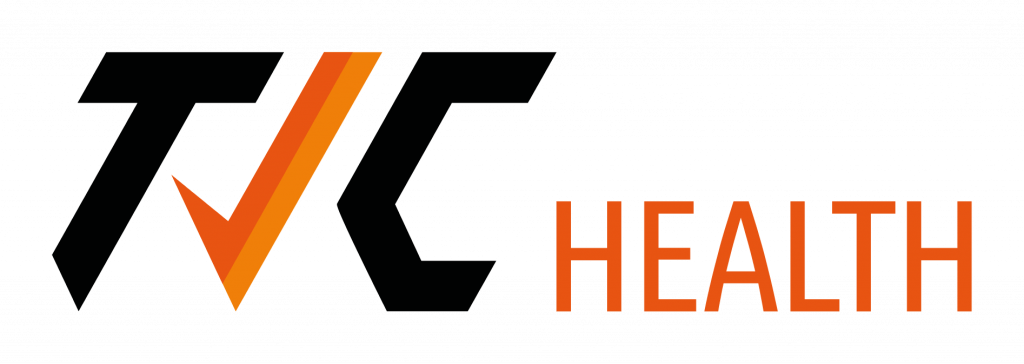BENEFITS OF 24 HOUR BLOOD PRESSURE TESTING
- Comprehensive Analysis Over Time: A 24-hour blood pressure test provides a detailed look at your blood pressure over a full day. This extended monitoring helps to accurately diagnose hypertension and assess how your blood pressure varies during different activities and sleep.
- Non-Invasive and Continuous Tracking: Unlike single readings, wearing a 24-hour blood pressure test allows for continuous assessment without the need for repeated hospital visits. It captures blood pressure fluctuations that might go unnoticed during a typical office visit.
- Early Detection of Cardiovascular Risks: Continuous monitoring over 24 hours can identify variations in blood pressure that are predictive of cardiovascular events, allowing for earlier intervention.
RISKS OF 24 HOUR BLOOD PRESSURE TESTING
- Minor Discomfort and Sleep Disturbance: The cuff inflates periodically throughout the day and night, which can be slightly uncomfortable or disturb sleep for light sleepers.
- Sensitivity to the Cuff: Some individuals may experience slight discomfort or bruising where the cuff is worn, although this is generally mild and temporary.
Choosing a 24 Hour Blood Pressure Test Offers:
- Accuracy: The device provides precise readings that help in making more informed treatment decisions, particularly in managing hypertension and other cardiovascular conditions.
- Convenience: It allows patients to continue their daily routines without staying in a hospital, making it easier to monitor their real-time blood pressure in a normal setting.
- Effective Management of Blood Pressure: Continuous data collection helps in tailoring personalised treatment plans based on more accurate, long-term blood pressure trends.
WHY CHOOSE US FOR YOUR 24 HOUR BLOOD PRESSURE TEST
Choose expertise and comfort with TIC Health’s 24-hour blood pressure monitoring service. Our use of advanced technology and a team of professional hypertension specialists ensure precise and reliable blood pressure measurements throughout the day and night. We are committed to providing an accurate diagnosis and a comprehensive understanding of your cardiovascular health, employing state-of-the-art equipment to capture every necessary detail.
We prioritise patient-centric care; every aspect of your blood pressure testing is managed with the utmost care and professionalism. From the initial setup to the detailed analysis of your results, our process is designed to make you feel supported and informed. Our specialists handle your data with expertise, ensuring that each reading contributes to a thorough understanding of your health status.
Moreover, we uphold transparent practices throughout your health monitoring journey. We believe in clear communication and make every step of the process – from booking to results interpretation – straightforward and transparent. This ensures that you are not only comfortable but also fully informed about what to expect and the significance of your results, making your experience at TIC Health both enlightening and reassuring.
WHAT IS A CT SCAN?
CT (Computed Tomography) scans, also known as CAT scans, use X-rays and computer technology to produce detailed cross-sectional images of the body. They can scan virtually every part of the body and are particularly useful for diagnosing diseases and injuries. Here are some of the main body parts and areas that can be examined with a CT scan:
Head: Used to detect tumors, injuries, brain diseases, and other internal conditions. It can also assess the sinuses and detect sinusitis.
Chest: Helps in the examination of the lungs, heart, and chest cavity. It’s useful for detecting tumors, infections, blood clots, and other conditions like emphysema or heart disease.
Abdomen and Pelvis: CT scans can assess abdominal and pelvic organs such as the liver, spleen, kidneys, bladder, pancreas, adrenal glands, and gastrointestinal tract. They’re useful for detecting tumors, infections, kidney stones, and appendicitis.
Bones: They can visualize the spine, skull, and extremities, assessing for fractures, tumors, or bone diseases.
Blood Vessels: Through a technique called CT angiography, it’s possible to visualize blood vessels throughout the body, checking for aneurysms, blockages, and other vascular diseases.
Soft Tissues: CT scans can provide detailed images of soft tissues, including muscles and organs, making them useful for detecting masses and tumors.
Cancer Diagnosis and Monitoring: CT scans are commonly used in the diagnosis of cancer since they can show the size and location of tumors, as well as their relation to nearby tissues. They are also used to monitor the effectiveness of treatment over time.
CT scans are invaluable in emergency situations, where they can quickly provide vital information about injuries to the head, spine, chest, or abdomen. They are also used extensively to guide biopsy procedures, plan for surgery, and monitor the effectiveness of certain treatments.
Frequently Asked Questions
A CT Scan, or Computed Tomography Scan, uses advanced X-ray technology paired with computer processing to produce detailed images of internal structures, aiding in medical diagnostics.
CT Scans can detect and monitor various conditions, ranging from tumours, infections to abnormalities in organs. It provides a comprehensive internal view, essential for accurate medical evaluations.
Patients lie on a table that slides into the scanning machine, capturing images from various angles. These images are then processed to produce a three-dimensional view of the scanned area.
While CT Scans involve exposure to radiation, TIC IMAGING uses reduced radiation dose technology, prioritising patient safety without compromising image quality.
Preparation can vary based on the scan’s focus. Typically, you might be advised to refrain from eating or drinking for a certain duration before the scan. Always inform your doctor about allergies, medications, or if you’re pregnant.
You’ll be required to lie still, occasionally holding your breath. The scan is painless and can range from a few minutes to an hour, based on the scan type.
Post scan, our radiologists review the images. You’ll be provided with detailed feedback, guiding any further medical steps or treatments.
CT Scan costs can vary based on the type and complexity. However, TIC IMAGING is committed to transparency, ensuring there are no hidden costs. Always consult our team for specific pricing details.
